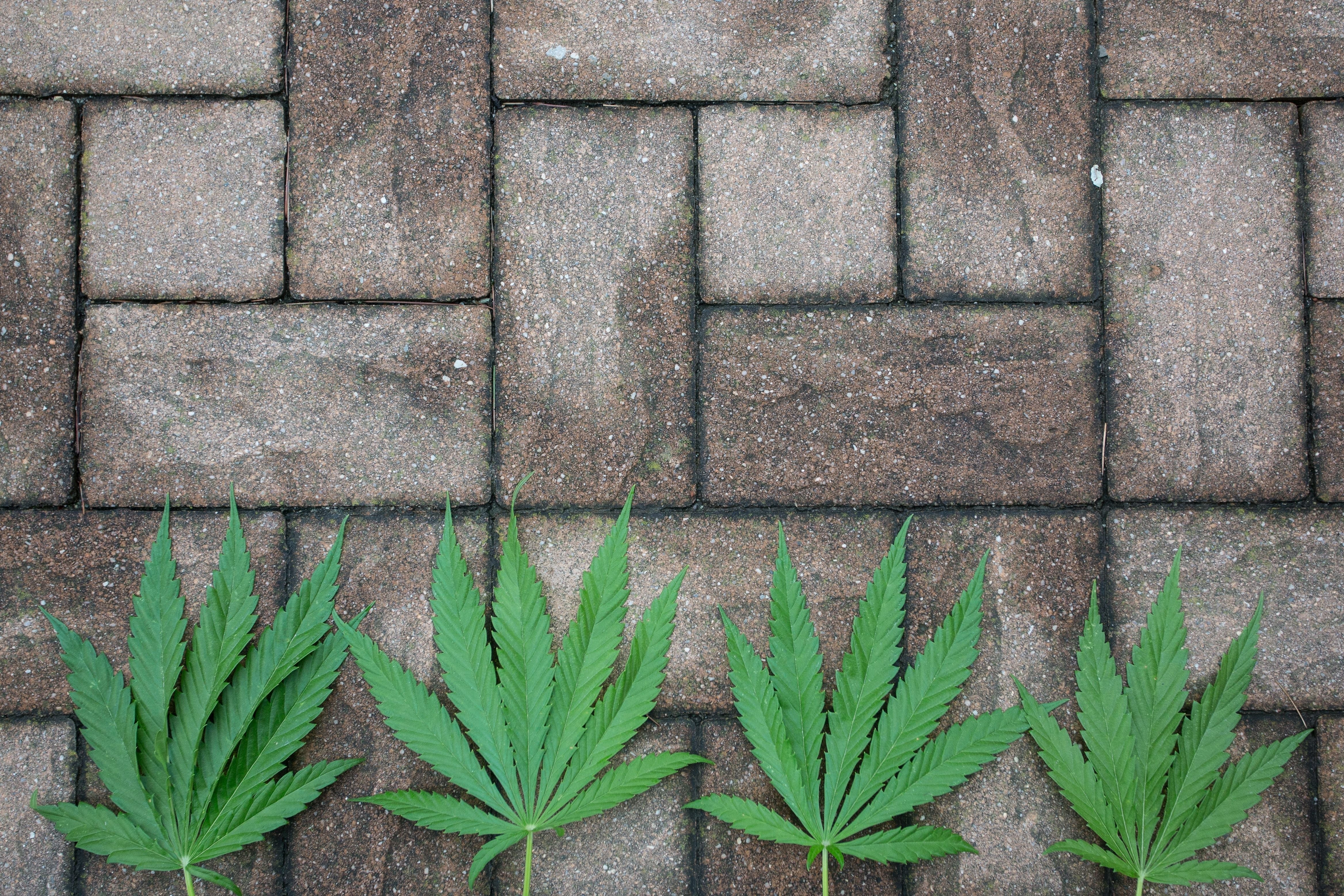
Many people consider wood to be a strong, renewable resource that can be used to make environmentally friendly products. This may be true, but a recent article in Hemp Today claims that “[i]ndustrial hemp is better than wood in every way.”
This provocative assertion might be difficult to prove and could even be a bit of an overstatement. However, there are at least four significant ways hemp outperforms wood.
Hemp is stronger
Hemp bast fiber is reportedly 10 times stronger than the fiber from Douglas Fir wood. Hemp’s strength is advantageous because it can improve the durability of many products that are typically made with wood.
For example, wood is often used to create paper products, construction materials and furniture, among others. If these products were to be made with hemp instead, they could be sturdier and would last longer than their wood-based counterparts.
Hemp grows faster
Many of those same products could also be cheaper and more readily available if they were made with hemp rather than wood. This is possible because hemp grows much faster than trees do. Hemp also reaches a harvestable stage much faster than trees to.
In a 40-year span of time, an acre of hemp can reportedly provide 400% more usable fiber than an acre of trees. The Hemp Today article states that hemp is the most efficient source of biomass on Earth. It points out that in fewer than 91 days, hemp can grow to a stage “where its fibers have contained their full CO2 content and are ready to be properly processed.”
Companies and environmentalists may promote many wood products as environmentally friendly because wood products are made from a renewable resource instead of a non-renewable one. However, hemp’s growth rate makes it even easier to renew than wood.
Hemp absorbs more carbon
Having a faster renewal rate is not the only way hemp is more environmentally friendly than wood. Hemp plants are exceptionally good at drawing out and sequestering carbon. An acre of hemp reportedly absorbs 70% more carbon dioxide (CO2) each year than an acre of forest.
This can be an asset to companies that want to “decarbonize” their products. In other words, hemp could help companies decrease their amount of carbon emissions.
According to the U.S. Environmental Protection Agency (EPA), CO2 is one of several greenhouse gasses responsible for climate change. According to the United States Geological Survey (USGS), carbon sequestration is one way humans can decrease the amount of carbon in the atmosphere, which can help reduce climate change. In this way, switching from wood products to hemp products could be beneficial for everyone on the planet.
Hemp processing requires fewer chemicals
“Cellulose is the main chemical that adds strength to paper and other composite products, such as chipboard and particleboard,” states Hemp Today. Cellulose is also the main ingredient in bio-plastics, which are plant-based plastics.
Cellulose is an important component of many products, but before it can be used, the cellulose must be separated from the other plant material. This is done with the help of chemicals.
Fortunately, hemp is great at producing cellulose. Hemp reportedly has a cellulose concentration of 72%, while wood only has a concentration of 42%. This means that hemp can provide more cellulose than wood can. It also means that fewer chemicals are needed to process hemp cellulose than wood cellulose, which can make processing hemp cellulose faster, cheaper and better for the environment than processing wood cellulose.
Additional benefits
Although there are four main ways hemp is better than wood, hemp has many other beneficial properties that help make it a great material. For example, hemp is lighter than wood, which means that hemp products can be lighter and easier to move than wood ones.
According to Hemp Today, hemp also has high absorption properties, offers IR and UV radiation protection and has a low flammability. It is also reportedly anti-bacterial. All of these traits and more can be passed on to the products made from hemp fibers, giving hemp a distinct edge over wood.
Overall, hemp is stronger, grows faster, absorbs more carbon and can be processed with fewer chemicals, among other benefits. While it may be unrealistic to think that hemp is definitively better than wood in every possible way, it is clear that hemp is better than wood in many of the ways that count.
Sources
[1] https://hemptoday.net/industrial-hemp-fiber-is-better-than-wood-in-every-way/
[2] https://www.epa.gov/ghgemissions/global-greenhouse-gas-emissions-data
[3] https://www.usgs.gov/faqs/what-carbon-sequestration?qt-news_science_products=0#qt-news_science_products








































